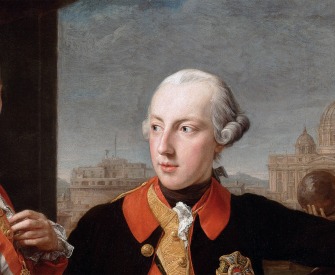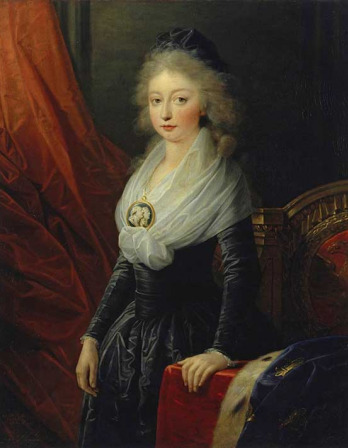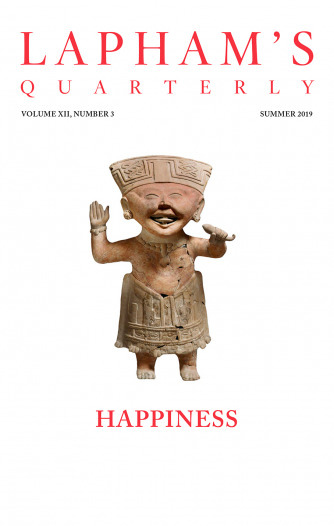Item, to Master Ythier Merchant,
to whom I am deeply in debt,
and also to Master Jean de Horn,
I leave my shaft of trenchant steel
which is currently held in hock
against a bar tab of seven sous.
I hereby record my wish that
they be the ones who get the shaft.
Item, I leave to St. Amant
the white horse, along with the mule;
and to Blaru, my precious jewels
and the striped ass, bucking.
As for the Church decree that says
“…everyone of both sexes…”
I leave it to priests to drive it home,
in spite of the Carmelites’ bull.
And to Master Robert Valley,
poor office clerk in parliament,
who can’t tell a hill from a valley,
I will, as principal bequest,
that he be given, free and clear,
my breeches, now down by the anklets,
for they’ll make a fitting coif
for his girl, Jeannie de Thousands.
Because he is a man of high station
he ought to be better endowed,
as the Holy Spirit often allows,
seeing as he’s wholly empty upstairs.
Therefore I have resolved, since he
has no more brains than a cupboard,
that he should have The Art of Memory,
once it’s retrieved from Master Witless.
Item, to Perrenet Merchant,
known as the Bastard of the Bar:
because he is a good merchant,
I leave him three bundles of straw
to spread out on the ground
for doing the amorous business
at which he earns his living—
for that’s the only trade he knows.
Item, I leave and give outright
my gloves and my silken hood-cape
to my good friend Jack Hardon;
all the acorns from a willow grove
and every day a big fat goose
and a chicken in its greasy prime;
ten tuns of wine as white as chalk,
and two lawsuits, to keep him thin.
Item, I bequeath to the poorhouse
my bed frame strung with spiderwebs.
To those who flop under market stalls,
trembling there with faces clenched,
wasted, hairy, chilled deep through,
their trousers short, their smocks worn thin,
frozen, beaten, wracked with flu—
a fist in the eye for each.
Item, I bequeath to my barber
the snipped-off scraps of my hair,
freely and unconditionally;
to the cobbler, my old shoes,
and to the ragman my old clothes,
in whatever shape they’re in;
for less than they cost me new,
I charitably leave these to them.
© 2013, 2013, David Georgi. Used with permission of Northwestern University Press. All rights reserved.
From “Bequests.” The record of the poet’s life is incomplete: nothing is known of the years between when Villon received a master of arts degree from the University of Paris in 1452 and when he killed a priest in 1455. Although pardoned for this crime by Charles VII, Villon was on the lam later in the year for a heist of the Collége de Navarre’s savings. It was around this time that he composed his bequests. In 1463 Villon petitioned for clemency while awaiting death by hanging for another conviction, and his sentence was commuted to banishment from Paris. Nothing else is known of his life.
Back to Issue





